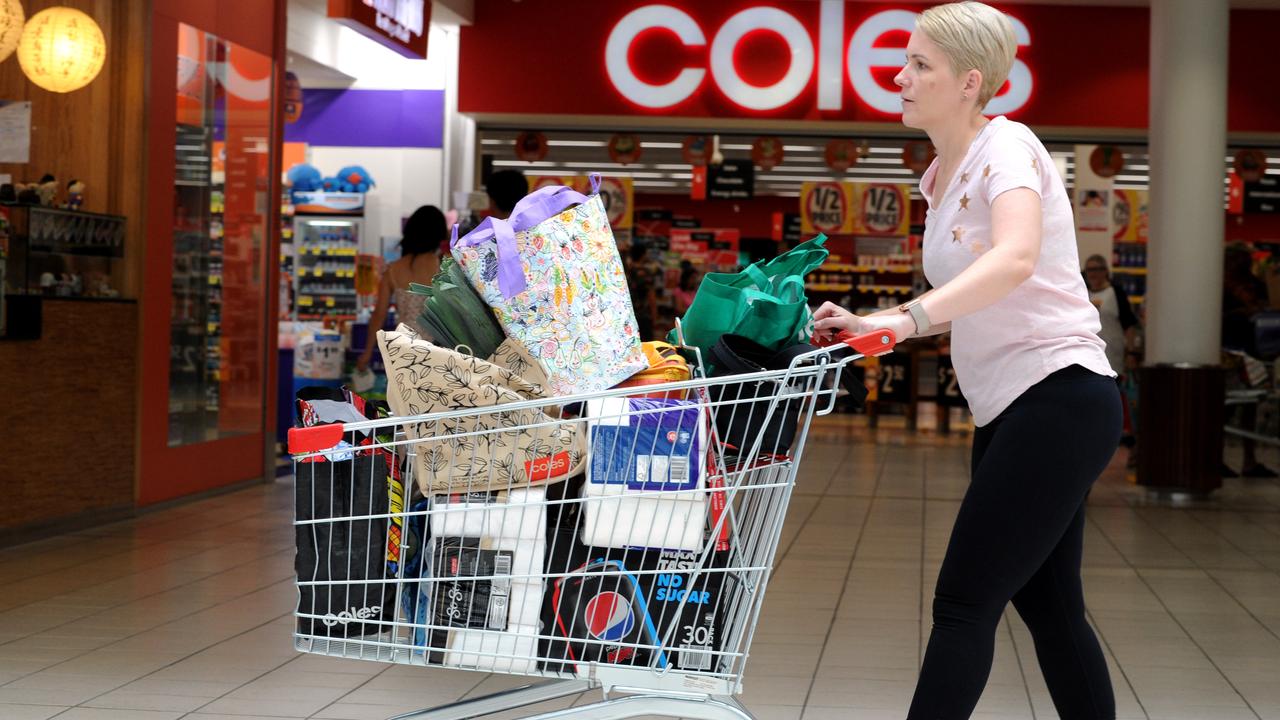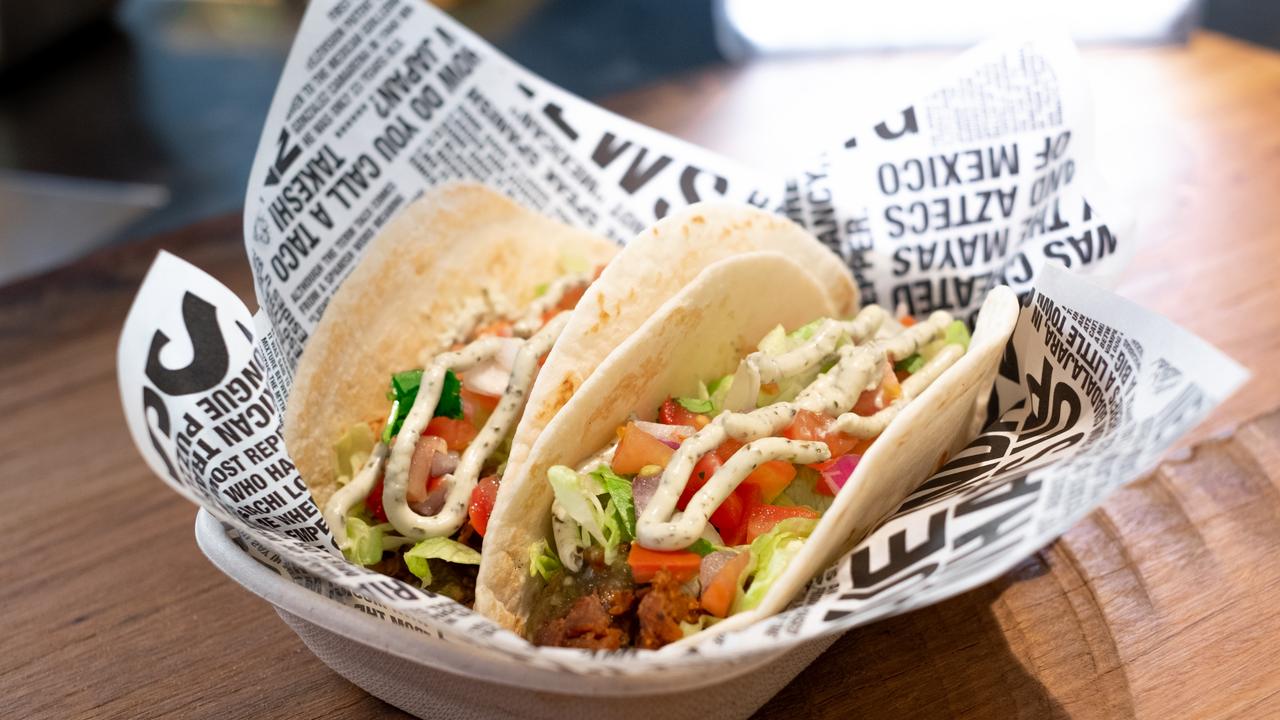Home brand boom: Households switch to cheaper groceries amid interest rate, inflation pinch
Households buckling under the pressure of rising interest rates and soaring inflation are getting creative with they shop at the supermarket.

A seismic shift is under way across households stretched by rising interest rates and soaring inflation that is forcing many to switch to cheaper home-brand groceries, more affordable cuts of meat, frozen and canned food, and to put less in their trolleys.
There is also a sharp rise in consumers making trips to different supermarket chains to get the best bargains, analysts say, evidenced by the growing number of Woolworths, Coles and Aldi-branded trolleys found in the wrong parking bays.
The boss of Ritchies, one of the nation’s largest independent supermarket chains, is seeing this flight to value and his shoppers stretching the family grocery budget first hand, as the twin economic headwinds of elevated mortgage repayments and inflation change the way people shop.
“There is some trading down or people perhaps trying to buy one item less, we are seeing a little bit of that,” Ritchies chief executive Fred Harrison said.
“We are seeing people maybe buying one item less, which could be a treat or something that’s not necessarily essential for the pantry.
“Promotions are starting to take off, particularly in fresh food. I think meat has become more promotion-orientated and we are seeing a drop-off in premium cuts of steaks. We are probably seeing a bit more of a pronounced increase in cheaper cuts of meat.”
Households are also shifting to cheaper proteins as red meat prices gallop ahead with other supermarket items as part of the current inflationary spiral.
“Relatively speaking, chicken is still the cheapest-priced protein on the market and, even though we have seen chicken prices going up, chicken sales are holding pretty strongly,” Mr Harrison said.
Woolworths and Coles have also noticed this trading down to cheaper, more affordable groceries, and have pointed to rising sales for items such as private-label goods, canned and frozen foods and long-life products as a symptom of the household budget under pressure.
When Coles cut the prices of 300 grocery items in January as part of its “dropped & locked” price campaign, there was an immediate 22 per cent leap in sales for those items on promotion. Sydney couple Jack and Eilish Armsworth, who went shopping at North Ryde with their sons James, 2, and Billy, eight months, late on Friday, have noticed the rising price of everyday staples required for raising a young family.
Ms Armsworth said food targeted at children, such as small yoghurts, had risen in price, though they were seeing cost increases across the board on all staples. “We notice it every time we go to the supermarket; we look at our budget every month and see that we’re spending more and more,” Ms Armsworth said. “I keep an eye on the clearances but when you need something there isn’t much you can do.”
Shaun Cousins, a consumer and retail analyst for investment bank UBS, said some consumers, especially those on lower incomes, were trading down to private-label groceries at the supermarket as well as switching from eating at restaurants and cafes to having more meals at home. He said consumers were also more willing to “cross shop” across the supermarket chains to get the best bargain.
“Many Woolworths and Coles are located near an Aldi, and you are looking for a Coles trolley in an Aldi or a Woolworths trolley in an Aldi, so consumers will shop in Woolworths and Coles for products A, B and C, but for categories X and Y say ‘I am willing to go to an Aldi’,” Mr Cousins said.
Discount retailer The Reject Shop has witnessed this first hand, with shoppers coming across from the chains to pick up cheaper-branded cleaning goods.
“If you are cost conscious we are a great destination for saving money on those products,” acting CEO Clinton Cahn said.


